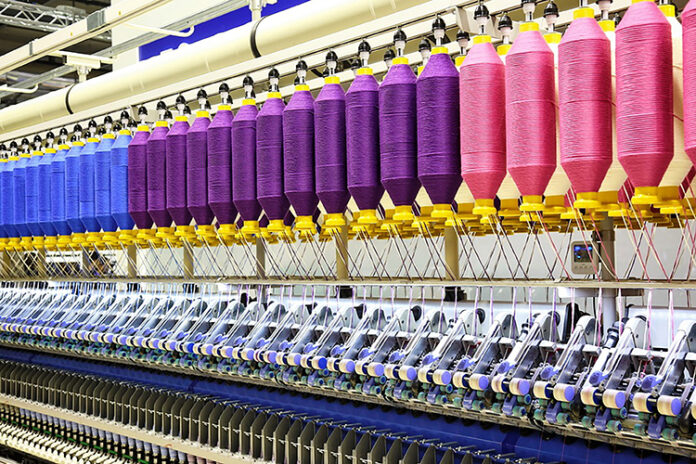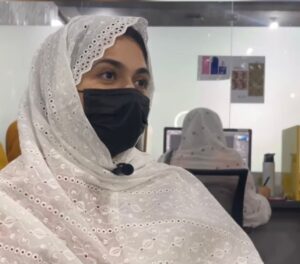The looms in Faisalabad and Karachi are slowing down. What was once the rhythmic pulse of Pakistan’s economy — the whirring of textile mills — is fading into silence. Pakistan textile industry has now raised an alarm that cuts through the noise of political slogans and economic promises: the industry is running out of breath.
In Islamabad, PTC Chairman Fawad Anwar spoke with restrained urgency. “It’s not subsidies we’re asking for,” he said. “We’re asking for stability — for a fair ground to compete.” His words reflected the frustration of an industry suffocating under rising energy prices, unpredictable tax regimes, and an absence of long-term industrial policy.
Also Read: Afghan Transit Trade suspended as Pakistan orders offloading of containers
The Pakistan Textile Industry, responsible for the majority of the country’s exports, is bleeding from within. Companies are closing production lines, not because demand has vanished, but because costs have climbed beyond reason. Gul Ahmed Textile Mills recently announced the shutdown of its export garment division — a decision that rippled through the entire sector as a warning of what could come next.
Over the past two days alone, the PTC says 88 export-oriented units have faced disruption. Multinational giants — from Procter & Gamble to Total Energies and Pfizer — have scaled back or left, citing the same issues: uncompetitive energy tariffs, erratic policy shifts, and red tape.
According to the Pakistan Bureau of Statistics, exports dropped by 3.83% in the first quarter of the 2025–26 fiscal year — from $7.91bn to $7.60bn. Behind those numbers are thousands of lost jobs, empty factory floors, and fading hope.
The PTC’s latest report calls for urgent reforms — regional parity in energy pricing, automated tax refunds, and transparent export financing. “Every delay,” Fawad said, “pushes another factory toward closure.”
The message from Pakistan Textile Industry is clear and grim: without reform, the thread that holds the economy together may finally snap.












